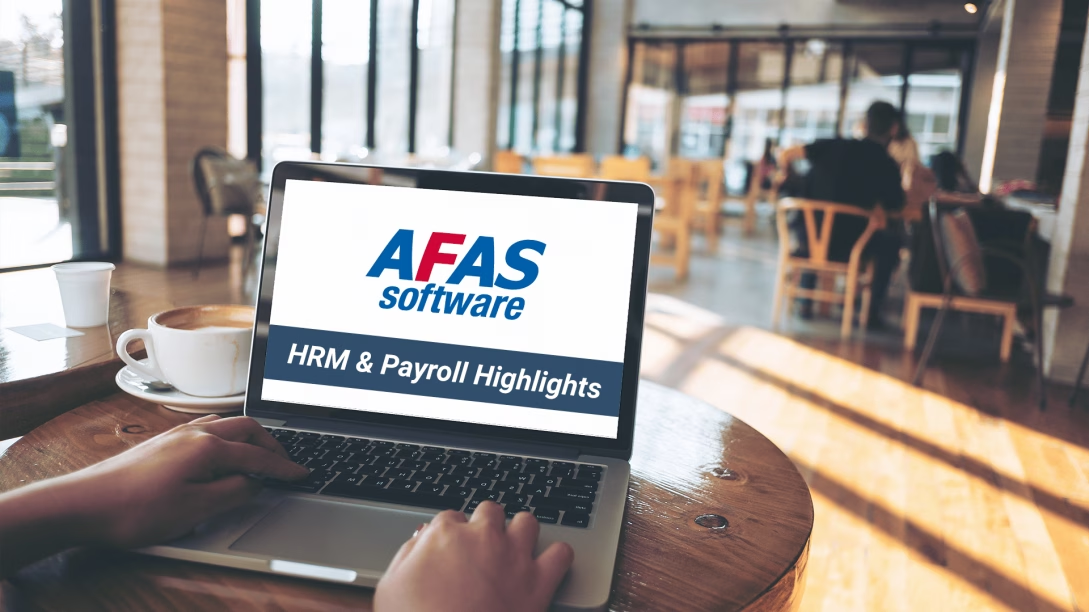Statutory and non-statutory holidays: those are the two kinds we know in the Netherlands. There is an important difference between these types of leave, which is not always clear. With this article in your back pocket, you’ll know all about statutory or non-statutory holidays. So get your beach chair ready and enjoy a well-deserved holiday!
What are non-statutory holidays?
Non-statutory leave comprises the holidays that you have accrued or receive above the statutory minimum. Many people in the Netherlands get more holidays per year than the minimum. How many ‘extra’ days you get depends on the industry and employer. This type of leave is not regulated by law.
Whether you are entitled to extra holidays, and how many, is laid down in a collective labour agreement or employment contract. Not sure if you have extra holidays? Then check your employment contract or CLA.
What are statutory holidays?
As an employee in the Netherlands, you get a statutory number of holiday days per year. These holiday hours amount to four times the number of contractual hours. We also call this leave hours.
If you work 25 hours a week throughout the year, you are entitled to 100 holiday hours in that year. If you work 40 hours a week throughout the year, you are entitled to 160 leave hours.
This means you are always entitled to 4 weeks’ holiday, regardless of the number of hours you work per week.
Of course, you are not obliged to take those weeks in one go. You can also simply take your holidays in separate hours.
These holidays are determined by law and will be paid for by your employer.
What is the difference between statutory and non-statutory leave?
Statutory holidays are the holidays every employee is entitled to in the Netherlands. So by this we mean four times the number of contractual hours per week. Someone working full-time thus gets four full-time weeks’ holiday each year. This same principle also applies for someone working fewer hours.
Non-statutory holidays, as the word non-statutory suggests, are the extra days on top of the minimum number. These days depend on the agreements made between employer and employee. An employer is therefore not obliged to provide extra holidays unless it is stated in the collective labour agreement.
How long are non-statutory holidays valid?
| Type | Valid |
|---|---|
| Statutory holidays | 6 months after accrual |
| Non-statutory holidays | 5 years after accrual |
Employers take note!
You need to clearly inform your employees in time when holidays are about to expire. Do you fail to do so? Then your employees retain their right to the statutory holidays that have not yet been taken.
How many holidays am I entitled to?
You are legally entitled to 4 times the number of hours you work per week.
In case of a full 40-hour working week, you are entitled to 160 hours of holidays. This translates to 20 holidays per year.
All additional holidays over and above this statutory number are called the non-statutory holidays. An employer decides how many these are in consultation with its employees.
In many situations, you are bound by a collective labour agreement. For example, a certain number of holidays above the statutory minimum may have been stipulated in the CLA. In case of a minimum CLA, you are entitled to at least the number of days stipulated. With a standard CLA, you are entitled to the exact number of holidays prescribed.
Keeping track of non-statutory holidays
Proper recording of holidays and leave is important. A leave and holiday registration system is therefore crucial. In such a system, it is easy to distinguish between statutory and non-statutory holidays. As a result, the employee is always aware of the number of holidays.
Thanks to the system, the HR manager or supervisor can easily see how many holidays each employee has already taken and what the current leave balance is. Nowadays, the employee can also view and submit this via an app such as AFAS Pocket.
Can holidays be revoked?
As an employee, you are entitled to the number of days specified in your contract or collective labour agreement. Of course, this must at least comply with the statutory 20 holidays. Your holidays, whether statutory or non-statutory, may not be revoked.
In addition, an employer may also not pressure or require the employee to take holidays in a certain period, unless it is stated in the employment contract or collective labour agreement.
Avoid fuss about holidays by laying down rules on this subject in staff regulations and employment contracts. This ensures clarity and protects both employer and employee.
Can I have my holidays paid out?
With some employers, as an employee, you have the option of having your unused non-statutory holidays paid out by your employer.
However, you cannot force your employer to do this. Conversely, the employer cannot force you to have these days paid out either.
You cannot have your statutory holidays paid out. There is one exception, though: at the end of your employment, this is in fact allowed.
Your employer may then pay out any holidays you have not taken, both statutory and non-statutory.
What happens to my holidays if I am ill?
The moment you fall ill during your holidays, you report it to your employer. As a result, you do not lose the holidays on which you are ill. These days then become sick days. In addition, you then agree with your employer to take your holiday hours at another time.
Your employer can designate sick days as holidays
The employer may in some cases designate sick days as non-statutory holidays.
Some employers deliberately choose to consider sick days as non-statutory holidays because they want their employees to return to work quickly. Designating sick days as non-statutory holidays can be an additional incentive for this.
The agreements for this can be made at two points in time:
- When signing the employment contract
In some situations, upon signing the employment contract, a written agreement is made on the exchange of sick days for non-statutory holidays. This agreement may be stipulated in the employment contract or collective labour agreement.
- With absenteeism
If an employee is ill, as an employer, you can request permission to have that person’s non-statutory holidays converted into sick days. Note! An employee has the right not to accept this.
Tip: Prevent unpleasant surprises by making clear agreements on sick leave. Draw up an absenteeism protocol for this.
Frequently asked questions regarding non-statutory holidays
In the Netherlands, we have statutory and non-statutory leave. Statutory leave consists of statutory holidays. These are determined based on the number of hours you work per week. So your statutory leave is 4 times the number of hours you work per week. Non-statutory leave consists of all holidays in excess of the minimum number of days required by law.
Most collective labour agreements state whether the employee has a day off on a public holiday. It also states which national holidays this applies to. Usually, these days off are not deducted from the employee's leave days.
If you are ill, you still accrue statutory holidays. This is because you are entitled to the same number of holidays as your colleagues who have not been ill. However, for the accrual of your non-statutory holidays, other arrangements may have been made in your employment contract or the applicable CLA.
Your employer may refuse leave in some situations.For example, because your leave will cause major problems for the business operations. Your employer may then propose a different period, or let the department coordinate this itself. Your employer must indicate this within 2 weeks of the request being submitted.
So your employer must give a good reason for refusing your leave request. If they do not, then ask for a written explanation.
Your employer must respond within two weeks after you submit a holiday request.Is your holiday request denied after 2 weeks? Then, by law, you may still go on holiday during the period you requested, as your employer will be bound by your request.
Your accrued non-statutory days may be valid for five years. It all depends on the laws and regulations in the country and the company's specific employment contract or policy. In some companies, the validity of holidays is further restricted. Check the staff regulations or your employment contract for this.
Your statutory holidays accrued in an accrual year must be taken within six months of that year.An exception to this is when you have been unable to take holidays, e.g. due to illness, pregnancy and unemployment.




